Key Skills Every Chief Pilot Should Have
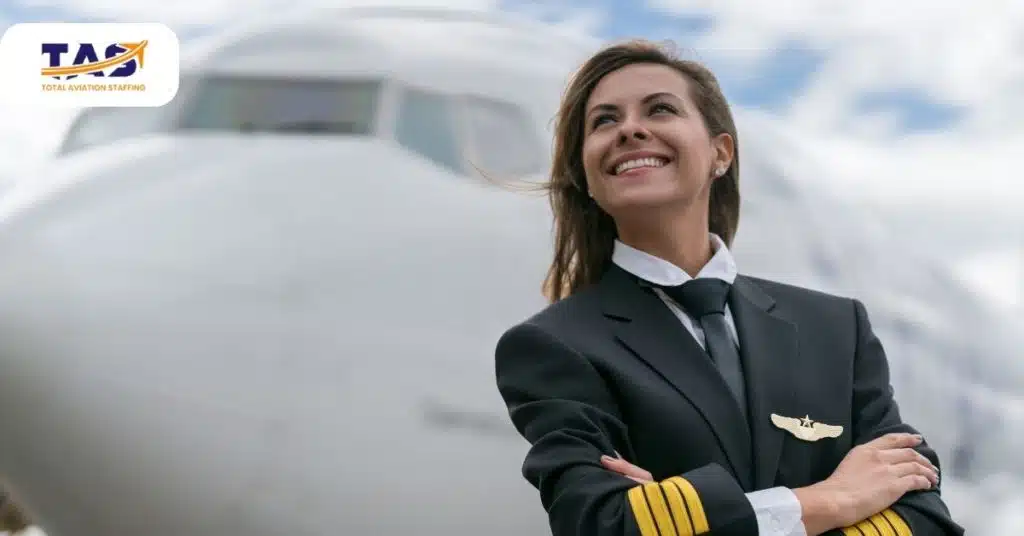
In the vast skies where safety, precision, and unparalleled service reign supreme, chief pilots soar as the guardians of flight operations. As the commanding force behind the cockpit, they embody a unique set of skills that transcend the ordinary. From leadership prowess to technical expertise, these aviators possess a remarkable combination of abilities that shape the success and reputation of the aviation industry.
Let us delve into the key skills that every chief pilot should possess, unveiling the essential traits that define their journey toward aviation excellence. Strap in, as we explore the captivating world of those who navigate the skies with unparalleled skill and finesse.
1. Leadership
Leadership skills are crucial for a Chief Pilot as they play a pivotal role in ensuring the highest standards of safety, efficiency, and professionalism within flight operations.
Having a Chief Pilot with exceptional leadership skills brings several advantages:
Effective leadership inspires and motivates pilots to perform at their best, fostering a culture of excellence.
A Chief Pilot with strong leadership skills can provide guidance and counseling to crew members, enhancing safety and effectiveness in flight operations.
The ability to lead and manage a team of pilots allows for seamless coordination and collaboration among crew members and other departments.
Leadership enables the Chief Pilot to establish and adhere to training standards, ensuring continuous improvement and compliance with regulations.
A Chief Pilot with leadership acumen can identify and address performance issues, taking corrective actions when necessary.
Acting as a liaison with regulatory authorities, a Chief Pilot’s leadership skills help navigate infractions or regulatory challenges effectively.
Leadership fosters a work environment that promotes pilot professional development and upholds the company’s core values and culture.
With their guiding hand and a touch of finesse, they navigate the challenges and steer their team toward excellence, delivering an unforgettable client experience. In a world where every second counts, their leadership propels the aviation industry forward, making the impossible soar effortlessly.
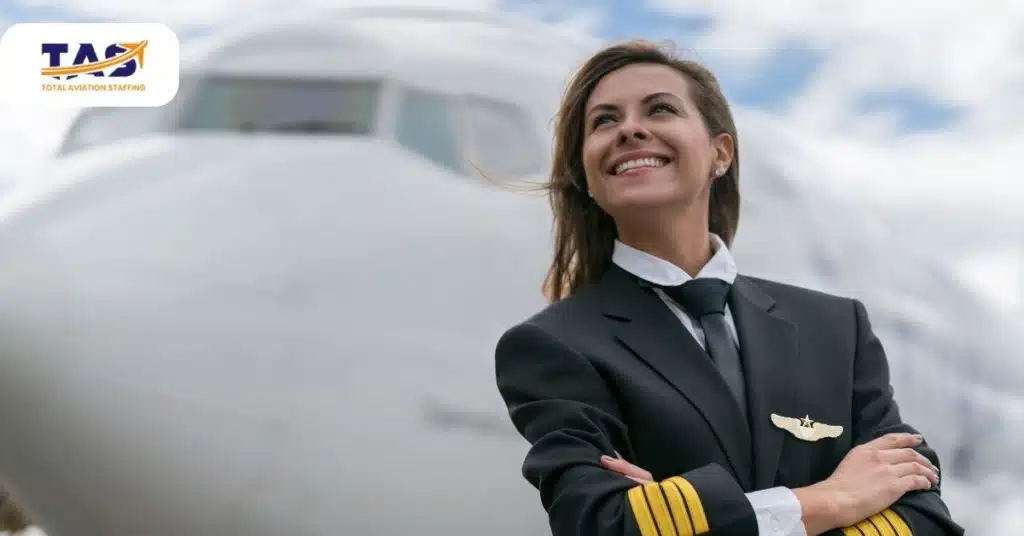
2. Aviation Expertise
Aviation expertise is paramount for Chief Pilots as it enables them to make informed decisions, ensure operational efficiency, and prioritize safety within flight operations.
There are several compelling reasons why it is crucial for a Chief Pilot to possess extensive aviation expertise:
Extensive aviation knowledge allows the Chief Pilot to assess and mitigate potential risks, ensuring the highest level of safety.
Expertise in aircraft systems, regulations, and procedures enables the Chief Pilot to maintain compliance with industry standards.
Understanding aviation weather patterns and navigation principles helps the Chief Pilot plan optimal flight routes.
A Chief Pilot with aviation expertise can effectively communicate with air traffic control and other stakeholders.
Proficiency in aviation technology and tools allows the Chief Pilot to utilize advanced systems for efficient flight operations.
Expertise in aviation emergency procedures equips the Chief Pilot to handle unexpected situations effectively.
Knowledge of aviation maintenance and inspection processes ensures airworthiness and reliability of aircraft.
Their sharp intellect and profound understanding of flight operations propel them above the complexities, making safety their co-pilot and efficiency their compass. Armed with a mastery of regulations and an embrace of cutting-edge technology, they craft an unforgettable client experience. Every takeoff becomes seamless, and every landing is met with applause. Buckle up for an extraordinary journey, where the expertise of a Chief Pilot turns the ordinary into extraordinary, and the boundless expanse of the sky becomes your gateway to adventure.
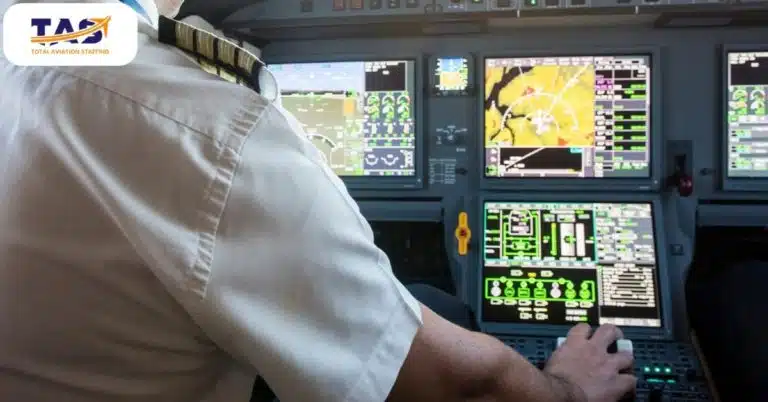
3. Safety Focus
Safety focus is of utmost importance for a Chief Pilot as it ensures the well-being of passengers, and crew members, and the overall success of flight operations.
Ensuring a strong focus on safety is of utmost importance for a Chief Pilot, and here’s why:
A Chief Pilot with a safety focus prioritizes adherence to strict safety protocols, minimizing the risk of accidents or incidents.
Vigilant monitoring of flight operations and implementing proactive safety measures reduce potential hazards.
A safety-focused Chief Pilot promotes a culture of safety among the crew, fostering a proactive safety mindset.
Thorough knowledge of aviation regulations and standards allows the Chief Pilot to ensure compliance and safety.
Regular safety training and continuous improvement initiatives contribute to a safer and more efficient operation.
Active participation in incident investigation and analysis enables the Chief Pilot to implement corrective actions.
Collaboration with regulatory authorities ensures adherence to safety guidelines and industry best practices.
By upholding stringent compliance measures and continuously enhancing safety practices, they create a rock-solid foundation for a seamless and dependable private jet travel experience. With every takeoff, their commitment to safety soars, delivering peace of mind and a journey that exemplifies the epitome of security and reliability.

4. Communication Skills
Effective communication skills are crucial for a Chief Pilot in aviation as they enable clear and concise exchanges of information, ensuring seamless coordination among crew members and other stakeholders.
With strong communication skills, a Chief Pilot can convey instructions, procedures, and safety protocols to the flight crew, fostering a shared understanding and promoting a culture of professionalism. Additionally, effective communication allows the Chief Pilot to collaborate with air traffic control, ground personnel, and other departments, facilitating smooth operations and timely decision-making.
Clear and concise communication is vital during emergencies or unexpected situations, enabling the Chief Pilot to provide guidance and instructions to the crew and passengers, ensuring their safety and well-being. Overall, excellent communication skills enable the Chief Pilot to facilitate efficient and effective communication throughout the aviation ecosystem, contributing to the success and safety of flight operations.
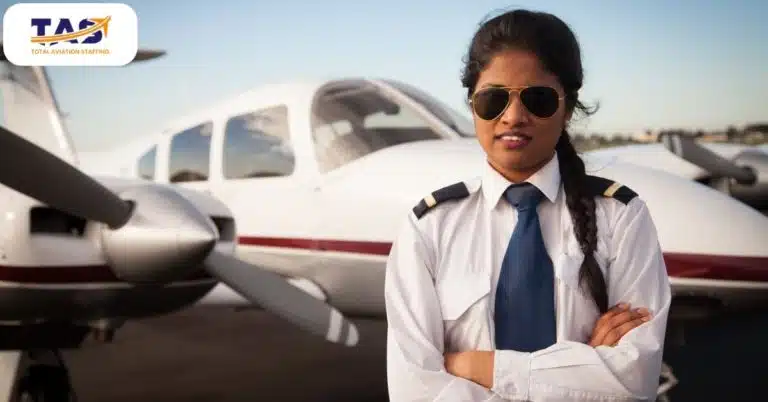
5. Decision-Making
Strong decision-making skills are paramount for a Chief Pilot in aviation as they directly impact the safety and success of flight operations. A Chief Pilot with exceptional decision-making abilities can assess complex situations, evaluate risks, and choose the most appropriate course of action.
Quick and accurate decision-making during emergencies or unexpected events helps mitigate potential dangers and ensures the well-being of passengers and crew. Additionally, sound decision-making enables the Chief Pilot to navigate changing weather conditions, adjust flight plans, and prioritize operational efficiency.
By considering factors such as aircraft performance, regulatory requirements, and crew capabilities, the Chief Pilot can make informed decisions that optimize safety, punctuality, and overall client experience. The ability to make timely and effective decisions is a hallmark of a skilled Chief Pilot and contributes to the smooth and successful execution of flight operations.
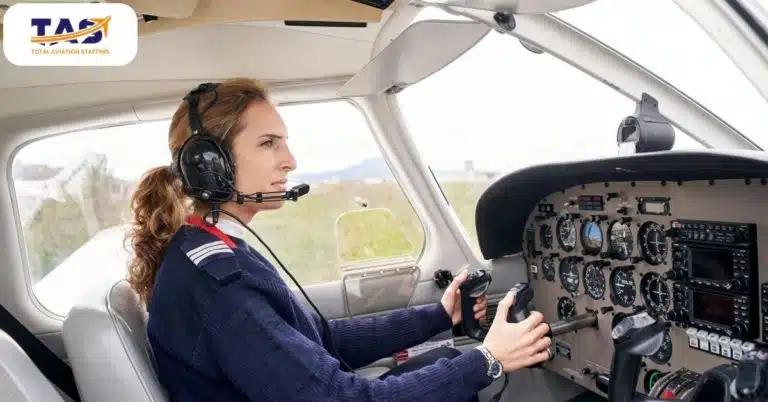
6. Problem-Solving
Strong problem-solving skills are crucial for a Chief Pilot in aviation as they enable effective resolution of challenges and unexpected situations that may arise during flight operations.
The significance of problem-solving skills for a Chief Pilot cannot be overstated, and here’s why:
A Chief Pilot with excellent problem-solving skills can assess complex issues and devise practical solutions.
Quick thinking and adaptability help the Chief Pilot navigate unforeseen circumstances and make critical decisions.
Effective problem-solving ensures the safety and well-being of passengers, crew, and aircraft.
The ability to analyze data, evaluate risks, and consider multiple perspectives aids in problem resolution.
Innovative problem-solving approaches help the Chief Pilot overcome obstacles and optimize operational efficiency.
Collaborating with the flight crew and other stakeholders fosters collective problem-solving and enhances outcomes.
Proactive problem-solving minimizes disruptions, maintains schedule integrity, and provides a seamless client experience.
A Chief Pilot armed with exceptional problem-solving skills is the ultimate troubleshooter in the sky. With critical thinking as their wingman and adaptability as their co-pilot, they navigate through challenges, ensuring safety and optimizing flight operations. Collaborating with precision, they soar above complexities, crafting a seamless private jet travel experience that leaves clients awestruck. With a Chief Pilot like this, the sky becomes a canvas for ingenious solutions, and every flight becomes an ode to triumph.
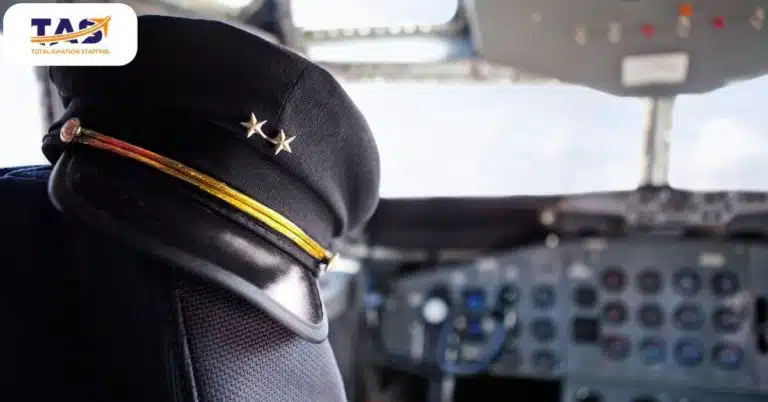
7. Team Management
Strong team management skills are essential for a Chief Pilot in aviation as they facilitate effective collaboration, coordination, and overall success within the flight operations team.
The impact of exceptional team management skills on a Chief Pilot is profound, and here’s why:
Effective team management enables the Chief Pilot to inspire, motivate, and guide the flight crew.
The Chief Pilot’s leadership fosters a culture of professionalism, accountability, and shared goals among team members.
Team management facilitates effective decision-making, problem-solving, and adherence to safety protocols.
Building strong relationships and fostering a positive work environment enhances team cohesion and morale.
The Chief Pilot’s team management skills contribute to efficient scheduling, training, and resource allocation.
In the aviation realm, a Chief Pilot with exceptional team management skills conducts the symphony of flight operations. They inspire, unify, and drive success. Motivation soars, accountability prevails, and safety remains paramount. Together, they navigate the skies with finesse, creating an efficient and harmonious journey. With the Chief Pilot’s adept leadership, every takeoff soars to new heights and every landing receives a standing ovation.
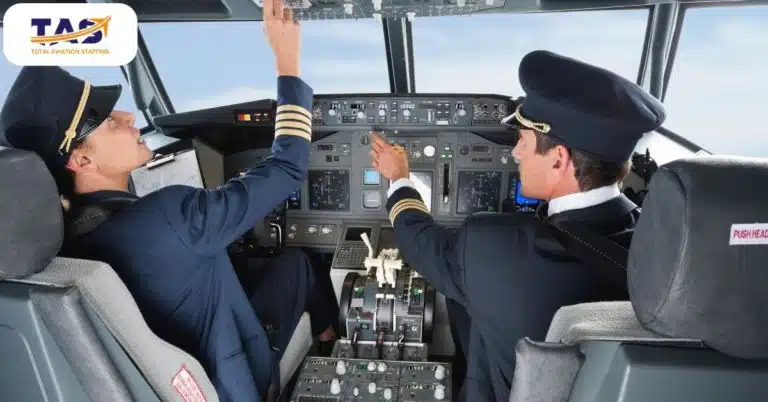
8. Regulatory Compliance
A Chief Pilot with strong regulatory compliance skills can navigate complex aviation regulations, staying updated with changes and ensuring adherence to necessary protocols. Compliance with regulatory requirements, such as Federal Aviation Administration (FAA) guidelines, guarantees the safety of passengers, crew, and aircraft.
It also mitigates legal risks and potential penalties for the organization. By maintaining thorough knowledge of regulations, the Chief Pilot can make informed decisions, implement appropriate procedures, and oversee proper documentation, audits, and inspections.
A focus on regulatory compliance fosters a culture of professionalism and accountability, enhancing the reputation of the aviation industry and ensuring the utmost safety and quality standards are upheld.
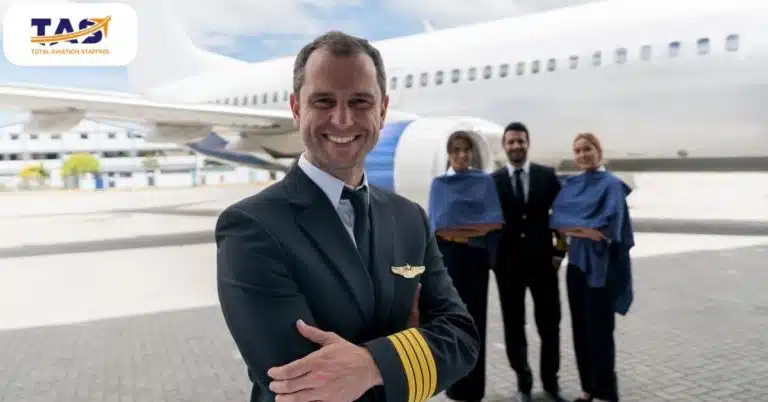
9. Time Management
A Chief Pilot with excellent time management skills can effectively plan flight schedules, optimize routes, and allocate resources to ensure on-time departures and arrivals. Efficient time management contributes to a seamless travel experience for passengers and enhances customer satisfaction.
It allows for effective coordination with air traffic control, ground personnel, and other stakeholders, minimizing delays and maximizing operational efficiency. Additionally, time management skills enable the Chief Pilot to prioritize tasks, allocate sufficient time for pre-flight preparations, and ensure compliance with regulatory requirements.
With effective time management, the Chief Pilot can maintain reliable and punctual service, reflecting professionalism and dedication to the highest standards in the aviation industry.

10. Continuous Learning
Having an eagerness for continuous learning is vital for a Chief Pilot in aviation as it ensures staying updated with industry advancements and maintaining professional growth.
Continuous learning offers numerous advantages to a Chief Pilot, and here’s why:
Continuous learning allows the Chief Pilot to stay abreast of evolving aviation regulations, technology, and best practices.
Keeping up with advancements in aviation enhances the Chief Pilot’s decision-making, operational efficiency, and safety measures.
Ongoing learning enables the Chief Pilot to acquire new skills, such as advanced cockpit technologies and navigation systems.
Staying informed about industry trends and innovations helps the Chief Pilot identify opportunities for improvement and optimization.
Continuous learning fosters a mindset of adaptability, enabling the Chief Pilot to handle emerging challenges and complexities.
Pursuing professional development opportunities, such as training programs and certifications, enhances the Chief Pilot’s expertise and credibility.
A commitment to continuous learning demonstrates a dedication to excellence and a willingness to provide the best service to clients.
An unwavering thirst for continuous learning fuels a Chief Pilot’s success in aviation. By embracing ongoing education, they adapt, excel, and ensure unparalleled service, safety, and professionalism. Together, they soar to new heights, creating an unforgettable private jet travel experience.
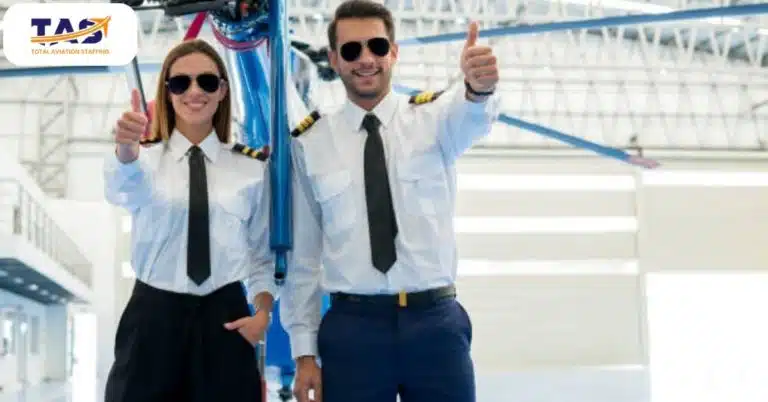
Takeaways
So, aspiring aviators, as you embark on your quest to become a chief pilot, remember that it takes more than just wings to soar to new heights. The key skills we’ve explored today are the secret ingredients to unlocking the cockpit of success. From leadership finesse to problem-solving wizardry, regulatory know-how to impeccable communication, and a thirst for continuous learning, these skills will propel you toward the career of your dreams. So, fasten your seatbelts and prepare for takeoff—equip yourself with these skills, embrace the challenges that come your way, and let your passion for aviation soar to new horizons. The skies await your extraordinary talents, dear aviators. Safe travels and may you always find the wind beneath your wings!
Ready to embark on your aviation journey? Take control of your future and soar to new heights with Total Aviation Staffing. Whether you dream of being an A&P mechanic, aircraft technician, flight attendant, or working in aviation customer service, we’ll connect you with top aerospace and aviation companies nationwide. Don’t just dream, land your dream job. Visit our website, explore job opportunities, and let us help you take flight in your career. Your destination awaits! Contact Total Aviation Staffing today and let your aviation dreams take off.
